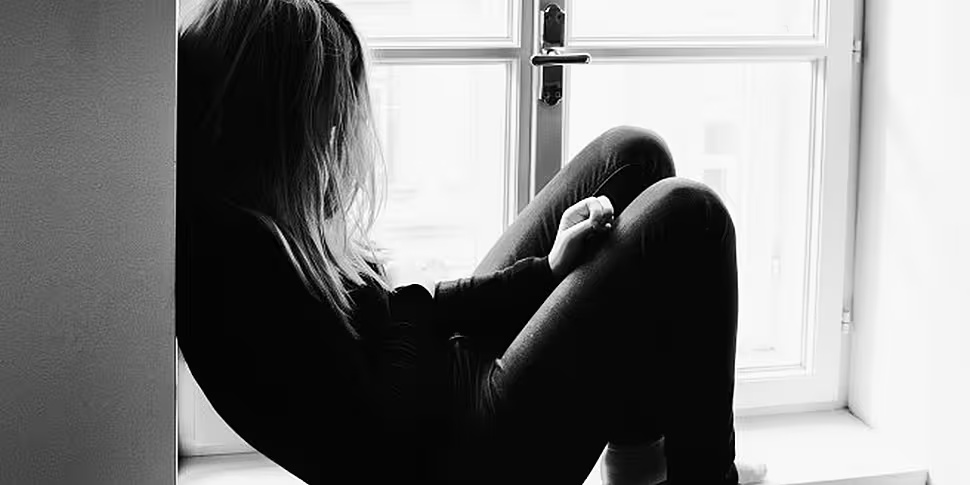In Russia, a group of young activists supported by the Kremlin have moved away from their political roots to focus on social media, taking on the challenge of bucking a trend of so-called teen suicide games on the Internet.
Founded in 2005 by President Vladimir Putin, the Young Guard was originally set up as a way to encourage young people to engage in civics and public service. But in recent years, a subgroup, billed as the Media Guard, has seen young people across the Russian Federation policing online content that allegedly promotes self-harm, drug use, and any kind of gay behaviour among people under 18.
What is Blue Whale?
But now the Media Guard has a new target, namely the highly contentious ‘Blue Whale’ online movement; in February, English-language websites first started reporting about a trend of Russian teenagers engaging is an online game that ends with the participants taking their own lives. While online groups dedicated to self-harm and suicide do exist, highly spurious media claims directly linked the deaths of 130 teenagers, mostly teenage girls in Moscow and St Petersburg, to ‘Blue Whale’, which takes its name from the phenomena of the large mammals beaching themselves and dying.
Members of the Media Guard have now met in order to come up with a workable action plan against the social media phenomenon.
“It is important for us to make the Internet cleaner and safer,” said Anna Rogacheva, Media Guard’s manager. “And the propaganda of suicidal behaviour went too far and it stems from a problem that psychologists call ‘social loneliness.’”
The Blue Whale story was first reported in a now widely discredited report in Novaya Gazeta, a Russian newspaper. The paper claimed that young teenagers were actively seeking out the game, which sees them respond to instructions issued by someone, carrying out a number of disturbing and dangerous activities over a period of 50 days, ending in their deaths.
Fake news?
While the legitimacy of the reports has been exposed as being lacking in any credible details by an exhaustive report by Radio Free Europe, the Regional Russian Centre for Internet Technologies claimed that in a single day between November 2015 and April 2016, as many as 4,000 instances of hashtags related to Blue Whale were observed. Searches for these on Instagram, Twitter and VKontakte, the Russian equivalent of Facebook, result in images and posts featuring extremely graphic and alarming content.
The Media Guard is not the only group to speak out against Blue Whale, with other groups on VKontakte creating their own viral videos in order to dissuade young teenagers from becoming involved with the game. Parents have also been issued with instructions to help them identify any behaviour patterns that could suggest their children are participating.
Teenage suicide in Russia is a huge issue, though there is zero evidence linking the Blue Whale game to any real deaths. However, according to data released by the Russian General Prosecutor’s Office, 62% of suicides are linked to family conflict and general distress, conflict with teachers, classmates, friends, and the fear of violence by adults and marginalisation by others.
Despite these, the Russian government recently decriminalised spousal and child abuse, despite reports claiming that as many as 36,000 women are assaulted on a daily basis. Since the change, police in the city of Yekaterinburg have revealed that they now respond to 350 incidents of domestic violence daily compared to 150 before.









